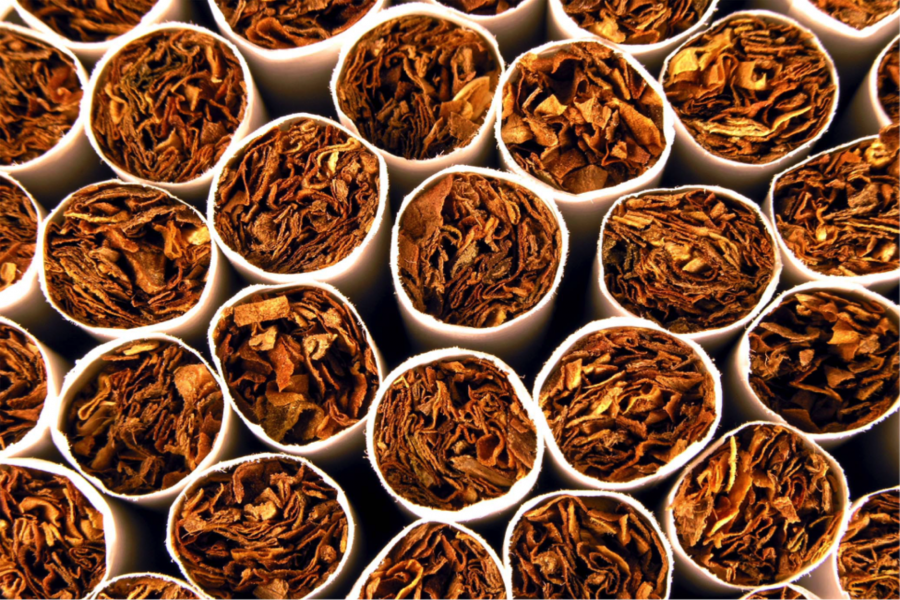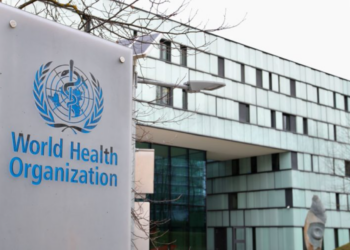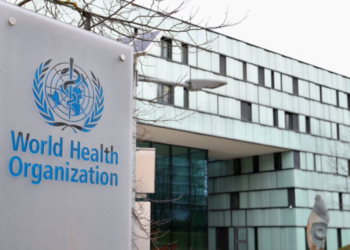Some debates to consider
Back home in Nigeria…
In Nigeria, there have been sustained tussles among major stakeholders over the delay in the passage of the National Tobacco Control Bill. Nairametrics, in its recent article, explained how the Nigerian Government is proposing a downward review on the taxes imposed on tobacco companies.
Recall that in 2015, the National Assembly reportedly passed into law the National Tobacco Control Bill (NTCB). After the passage of the bill in 2015, the Deputy Senate President, Ike Ekweremadu reportedly said the following:
“The passage of the bill is a milestone for us as the Senate. The dangers associated with smoking cannot be over emphasised and the tragedy here is that those at risk are not just those who smoke, but also those around them, their loved ones, their families, neighbours and friends.”
Meanwhile, four years later, controversies still trail the Tobacco Control Bill in Nigeria. Severally stakeholders and groups have expressed utter disbelief at the way the bill has dragged for years.
At a Stakeholders’ meeting organised by the Environmental Rights Action/Friends of the Earth Nigeria (ERA/FoEN) earlier in the week, a former senator, Olorunnimbe Mamora said:
“There are things I don’t understand in this country and this is one of such things. What is happening to that bill?
“We must track it from the National Assembly, also ask the office of the Attorney-General and even the presidency.
“ It cannot just disappear.”
What the Tobacco Control Bill addresses?
Specifically, some highlights of the Tobacco Control Bill include:
- Prohibition of the sale of cigarettes to persons under the age of 18
- Ban of promotion of tobacco or tobacco products in any form
- Display of the word ‘WARNING’ in capital letters on every package containing tobacco product
- No Smoking of tobacco products in public places, except as approved by law or occupied by the smoker.
- Ban of sale or offer for sale or distribution of tobacco products through the mail, internet, or other online platforms.
- A person who smokes in prohibited places is liable to pay a fine of not less than N50,000 or 6months jail term.
Is National Tobacco Control bill missing?
There have been reports that the country’s President, Mohammadu Buhari, does not have the bill. That is why he has yet to sign the bill into law.
But the Director of Corporate Accountability and Administration at ERA/FoEN, has a different take on the matter. He recently stated the following:
“The bill is actually not missing. I think for now, even if the president doesn’t have the bill, the president can request for the bill and sign it.
“We know that there are so many undercurrents that are happening and the president needs to stand firm and resist the tobacco industry.”
In the meantime, civil society groups in Nigeria are continuing their sustained struggles to get the bill approved by the President.
Tussle deepens, as National Assembly revisited the bill
Nigeria’s tobacco control bill was passed into law in 2015 but enforcement has remained a challenge because several sections of the bill have been raised to require the approval of the regulations by the National Assembly.
Just recently, the Federal Minister of Industry, Trade and Investment, Francis Alaneme, kicked against the N35m penalty clause on manufacturers, importers and distributors in the draft of the National Tobacco Control Regulations.
“This stringent measure will eventually lead to job loses and possible relocation of affected companies to neighbouring African countries as was the case with Dunlop and Michelin.”
However, the Speaker of the House of Representatives, Yakubu Dogara and Minister of State for Health, Osagie Ehanire, threw their weights behind the bill.
A synopsis on Tobacco and health
- WHO estimated 77 million smokers in Africa, namely 6.5 percent of the continent’s population.
- Second-hand smoke causes 890,000 premature deaths per year globally.
- Smoking reportedly causes Asthma, lung cancer, blockages, and narrowing arteries. It also harms other organs of the body
- Over 1.4 billion people, or 20 percent of the world’s population, are protected by comprehensive national smoke-free laws
Tobacco and some economies
The global cigarette market is expected to register a compound annual growth rate (CAGR) of 6.4% between 2018 to 2023. This suggests opportunities for Nigeria to divest.
- In Indonesia, tobacco product (cigarette) exports raked in a total of $931.6 million in just 2018
- In 2014, Zimbabwe recorded exports of some US$450m, with Belgium and China being the major buyers
- Switzerland produced 34.6 billion cigarettes – nearly two billion packets in 2016
Bill must stay, but a review may be required
According to the Organisation for Economic Co-operation and Development (OECD), a 10% increase in life expectancy creates an economic growth of around 0.3% – 0.4% a year.
Nigeria is between Passing the bill for the health of its people or reviewing it for the economic side.
Whichever way, if a truce is not found and tobacco companies exit the economy afterwards, thousands of Nigerians and Nigeria may as well bid goodbye to jobs and the financial flows that come from the industry.






















